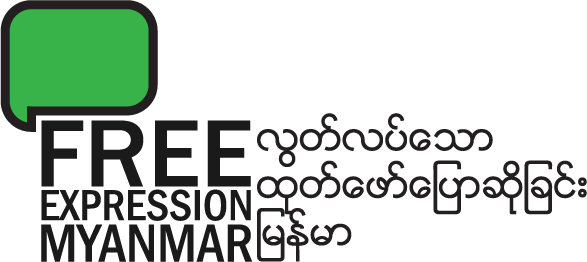Official Secrets Act
The Official Secrets Act was created by the British colonial government in 1923 to criminalise the sharing of almost any kind of information held by the government. The government can say any information is an official secret and is likely to hide corruption and wrongdoing by saying that the evidence is an official secret. The British government knew the law violated freedom of expression and replaced their Official Secrets Act in 1989.
Summary of recommendations
The Official Secrets Act needs to be replaced with a modern law that protects freedom of information and defines official secrets in a very clear way with safeguards for publishing information that is in the public interest such as on government wrongdoing or corruption.
Articles 3 and 5 – Secret information
Articles 3 and 5 criminalise people for sharing information about the government. Article 3 criminalises anybody who collects, publishes or communicates information that may be useful to an enemy. Article 5 criminalises anybody who has, controls, communicates, uses, retains or receives information classified as secret under the law, with a prison term of 2 years. Articles 3 and 5 defines the information as codes, passwords, sketches, plans, models, articles, notes or documents. Articles 3 and 5 do not include any limitations.
International standards
Government have secrets that need protecting for national security. International standards say that governments can limit freedom of expression and freedom of information if there is a clear threat to national security. However threats need to be against the existence of the country and its borders, not just threats to law and order. Freedom of expression and freedom of information can only be limited it there is a clear intent to harm national security, and that national security will likely be harmed as a result. Articles 3 and 5 are unacceptable under international standards because they are so broad that they could include almost any information and would likely punish journalists and others talking about government wrongdoing or corruption.
Recommendation
Amend Articles 3 and 5 to define a clear list of information that must be secret to protect national security, and add a public interest test so that corruption and wrongdoing never secret. The list of official secrets must include only information that would be a serious and demonstrable risk.
မကြာမှီလာမည်!
